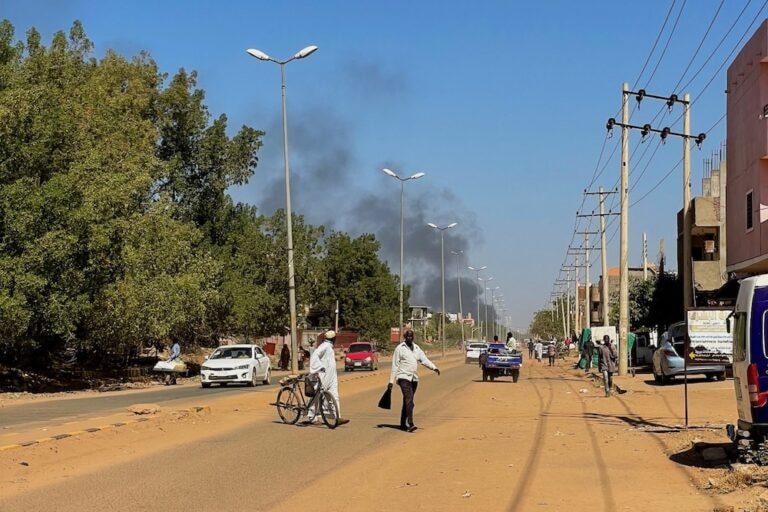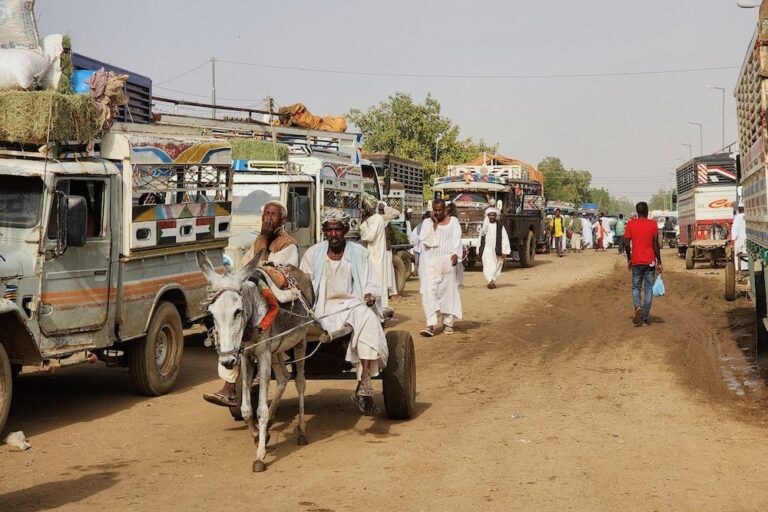The security services did not provide any explanation for the action, which was taken after the newspaper's edition had been printed.
(ANHRI/IFEX) – Cairo, 21 August 2011 – ANHRI condemns the ongoing hostility of the Sudanese government towards media freedom. In the latest incident, the Sudanese Security Services seized copies of “Al-Jarida” newspaper in the early morning of 21 August for the second time in a row. The measure was taken after the newspaper had been printed and without any explanation provided for this arbitrary action.
The confiscation of newspapers by the Sudanese Security Services has followed a similar pattern in the past few months, with the officials typically waiting for the printing presses to print the newspaper copies, and then seizing the print run before distribution. This process points to the policy adopted by the Sudanese authorities to restrict newspapers, for they not only confiscate them and prevent them from reaching the readers, but they also mean to inflict heavy financial losses on the media outlets resulting from the printing costs.
An additional free expression violation occurred when the Sudanese authorities confiscated an issue of “Al-Ahdath” newspaper on 7 August. And in a case dating back to July, the Sudanese Security Services cancelled the licenses of six newspapers, because some of the owners are now South-Sudanese, hence they reportedly no longer have the right to issue newspapers in the North on account of being foreigners.
In addition, the authorities have prosecuted and harassed journalists for alleged security reasons. Lengthy prison sentences have been issued against journalists on charges related to their publishing of journalistic articles, and a number of them have been followed. In a recent incident, journalists Fatima Ghazali and Amal Habbani were arrested for reporting on the case of Safiya, a Sudanese activist who accuses officers of the Security Services of having raped her. Meanwhile, media staffers and activists at Radio Dabanga are currently being tried on charges of “broadcasting false information that is detrimental to the reputation of the state”, several months after their arbitrary arrest.
“The failure of the Sudanese authorities to respond to our continuous demands that they put an end to attacks on journalistic freedoms, shows a lack of respect for international and regional conventions, and points to an insistence to pursue a policy of repression and restriction against the Sudanese people. Therefore, more intervention is required from the Arab world and internationally, and the media has to continue to play its role by highlighting these repressive practices by a government that continues to suppress freedoms and critical opinions,” ANHRI said.


